According to Dartmouth Atlas (DA) researchers, too much of a good thing may be a bad thing-including doctor visits, medical tests, procedures and days spent in the hospital.
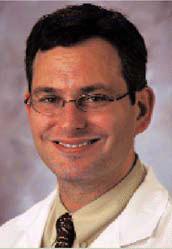

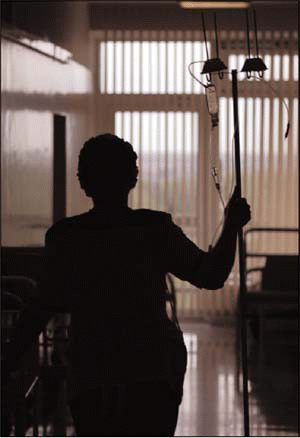

Researchers recommended that otolaryngologists might empirically treat selected patients with sinus headaches as if these patients actually had migraines, following study results illustrating that the use of triptans brought relief to more than 80% of these individuals.
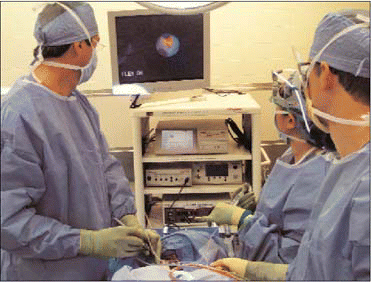
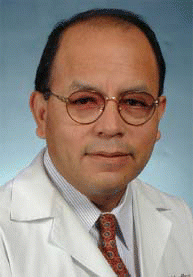

Every five years I make a list of the ten toughest problems in laryngology, said Jamie Koufman, MD, Director of the Voice Institute of New York.
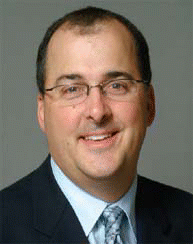
When repairing a spontaneous cerebrospinal fluid (CSF) leak, the surgeon needs to take extra measures to guard against recurrence, according to a team of investigators at the University of Pennsylvania.
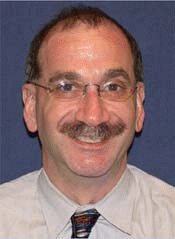
Head and neck cancer care has been undergoing a paradigm shift over the past decade, moving from a surgery-based approach to one that increasingly relies on chemoradiation (CRT).

Experts agree that continuous positive airway pressure (CPAP) is the gold standard for management of obstructive sleep apnea.